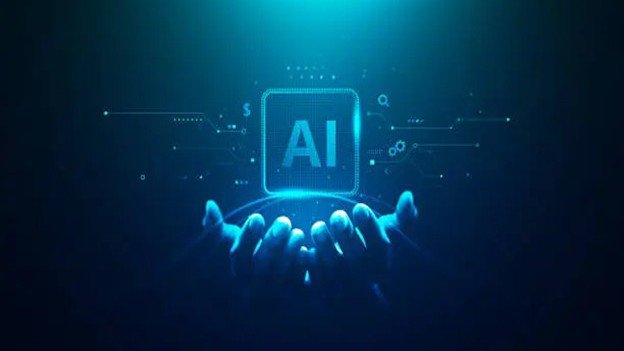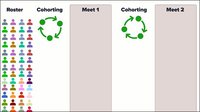Artificial intelligence (AI) is rapidly transforming the world around us, and education is no exception. As community college leaders, we must be at the forefront of this transformation, ensuring that our institutions are not just adapting to AI but leading in its responsible and transformative use.
The Digital Transformation
We are now in a period of transition from the industrial era to the digital era. This transformation is being driven by a number of factors, including the rise of AI, mobile technology, cloud computing, and the Internet of Things. AI is particularly well-suited to addressing some of the most pressing challenges facing community colleges, such as improving student success, increasing operational efficiency, and closing equity gaps.
AI and Human Strengths
While AI has many strengths, it is important to remember that it is not a panacea. AI is best suited for tasks that are data-driven, repetitive, and predictable. Human strengths, on the other hand, lie in areas such as creativity, critical thinking, communication, and emotional intelligence. The key to success in the age of AI is to leverage the strengths of both humans and machines. We must create a learning environment where humans and AI work together in a collaborative and mutually beneficial way.
A Framework for AI Adoption
To effectively adopt and implement AI, community colleges need a clear framework that guides their efforts. This framework should address the following key areas:
- Vision and Strategic Alignment: The college’s vision for AI should be aligned with its overall strategic goals.
- Student-Centered AI Focus: AI should be used to improve student access, learning outcomes, and equitable educational experiences.
- Academic Transformation and Workforce Alignment: AI should be used to transform the curriculum and pedagogy to better prepare students for the workforce of the future.
- Continuous Improvement and Evaluation: The college should continuously evaluate the effectiveness of its AI initiatives and make adjustments as needed.
- Resource Allocation and Implementation: The college should allocate the necessary resources to support AI adoption and implementation.
- Cultivating an AI-Ready Culture: The college should foster a culture that is supportive of AI adoption and innovation.
- Ethical AI, Bias, and Governance: The college should establish clear ethical guidelines for the use of AI and ensure that AI systems are free from bias.
Addressing the Challenges
- The adoption of AI is not without its challenges. Community colleges must be prepared to address issues such as:
- Power and Cooling: AI systems can require significant amounts of power and cooling, which can be a challenge for some colleges.
- Cybersecurity: AI systems can be vulnerable to cyberattacks, so colleges must take steps to protect their data and systems.
- Algorithmic Bias: AI systems can be biased, so colleges must ensure that their AI systems are fair and equitable.
- Privacy: AI systems can collect and use large amounts of student data, so colleges must ensure that they are protecting student privacy.
The Future of Community Colleges
AI has the potential to revolutionize community colleges and help us better serve our students. By embracing AI and addressing the challenges it presents, we can create a more equitable, effective, and innovative learning environment for all.
About the author
Lee D. Lambert is Chancellor and CEO, Foothill-De Anza Community College District











